While museums, exhibitions, galleries, and libraries have long been the cornerstones of the cultural landscape, the Middle East is witnessing the emergence of a different type of institution.
Unlike their quick-exit counterparts, certain spaces aim to leave a lasting mark, enriching the cultural landscape for generations to come.
These institutions prioritize a more mindful and human-centered approach over the frenetic pace of contemporary art consumption. It’s about radicalizing the contemporary, cultivating a space where art, history, and community dialogue seamlessly intertwine, offering nourishment for the mind, heart, and soul.
Radical Contemporary, a platform known for illuminating art and cultural trends in the Middle East, recently joined forces with Alserkal Avenue, a Dubai-based hub fostering local artistic expression and events, in a new podcast series.
Through the dedicated podcast series, Radical Contemporary and Alserkal Avenue delve into a crucial conversation: the evolving role of cultural institutions in the Middle East. They explore how these institutions can shed their traditional skin and embrace a new, more dynamic identity.
“The creative community in the Middle East, North Africa and GCC region has been developing at a stunning pace over the past decade – we are witnessing a cultural shift,“ Nour Hassan, founder of Radical Contemporary, tells Egyptian Streets.
“The role of our podcast is to shed light on the individuals, institutions and policy makers who are truly facilitating this radical change and Alserkal Avenue has been at the helm from day one. We interview radical contemporaries. People who are racially shifting the cultural narrative and are pioneering ideas and innovation within the realm of the contemporary – in the now,“ she adds.
The story of Alserkal Avenue
Since its inception in 2007, Alserkal Avenue, championed by Emirati visionary Abdelmonem Bin Eisa Alserkal, has ignited a cultural revolution in Dubai. Renowned for its ground-breaking artistic productions, bold experimentation, and creation of transformative spaces, Alserkal goes beyond the ordinary, fostering a vibrant creative ecosystem that inspires and empowers communities.
Through the Alserkal Arts Foundation, the Dubai-based hub champions artistic expression through public art commissions, residencies, research grants, and educational programs. To guide cultural development, it also leverages their expertise through providing advisory services to public and private entities.
Alserkal, however, was not built overnight. It grew organically alongside Dubai, hand-in-hand with its creative community.
“Every step of the way, we identified gaps and collaborated to fill them with meaningful contributions. This journey transformed us into a multifaceted organization, evolving from a neighborhood haven to a thriving cultural district,” Vilma Jurkute, Executive Director of Alserkal Initiatives, says in the podcast series.
Today, Alserkal Avenue is a vibrant hub driven by 80 pioneering artists and institutions. These cultural trailblazers are making history through their work, challenging conventions, and shaping the future of their industries.
“For over a decade, we’ve been nurturing a vibrant cultural ecosystem, providing a platform for homegrown talent to flourish and share their unique perspectives with the world.”
“Our mission isn’t just to import culture; it’s to export the innovative ideas and practices born right here in Dubai. This outward-looking approach sets us apart, and it’s something we’ve always held dear,” Jurkute adds.
Alserkal’s cultural impact now reaches over a million visitors annually, but that is just one milestone on an ever-evolving journey.
“As an organization, we’re committed to constant self-reflection and adaptation. We regularly assess our place within the cultural landscape, asking ourselves: ‘What unique value can we offer today?’ The cultural ecosystem is dynamic, and we strive to evolve alongside it.”
Architecture and culture
In a city like Dubai, where towering skyscrapers rub shoulders with historic warehouses, Alserkal Avenue asks: how can we reimagine what architecture and place can be?
A place is shaped by the people who inhabit it, and the interactions they have with it, Jurkute notes. This, in its essence, is the core philosophy at Alserkal Avenue, going beyond just the physical space of Alserkal Avenue to embrace a wider “circle” of individuals. This community includes regional and global partners, thought leaders, artists, and innovators from diverse disciplines.
“By bringing together these like-minded individuals, we foster collaboration and create a powerful force for cultural change. Our shared values and disruptive spirit are what define Alserkal Avenue and position us as a unique platform for artistic expression and innovation.”
One of Alserkal Avenue’s groundbreaking initiatives is Concrete, the first Dubai project shortlisted for the prestigious Aga Khan Award for Architecture. More than just a building, Concrete embodies a bold question: can architecture transcend short-termism and foster deeper community engagement?
Instead of demolishing traditional warehouses, Alserkal Avenue partnered with the Office for Metropolitan Architecture (OMA), renowned for their research-driven approach and unconventional views on architecture. Their 14-year exploration of the Gulf region informed their design, resulting in a unique “design-build” initiative.
Concrete is a versatile 600-square-meter venue hosting diverse events, from art exhibitions to conferences and film screenings. Its flexible space adapts to any need, with soaring ceilings, movable walls, and seamless indoor-outdoor flow to The Yard, a 1,400-square-meter outdoor area.
Exploring how architecture and culture can be more sustainable, Alserkal Avenue delves deeper: how can we repair and repurpose existing structures, minimizing the need to build new and reducing our environmental impact?
This shift in mindset, prioritizing repair over construction, represents Alserkal Avenue’s sustainable journey. “This, for us, is the essence of sustainability: a continuous effort to find better ways to live and interact with the built environment,” Jurkute says.
Driven by this belief, Alserkal Avenue partnered with Urban Art Projects, an Australian company, on a global public art initiative across three continents. Through these commissioned works, the initiative created a unique system to calculate CO2 emissions, revealing startling insights: using recycled stainless steel instead of virgin steel slashes emissions by 90 percent.
Alserkal Avenue’s success story demonstrates the potential of slow, community-driven development for the MENA region’s creative economy, attracting cultural investors who value ownership, heritage, and social impact.
It demonstrates how cultural districts can nurture a sense of belonging in young adults, contributing to sustainable urban development.
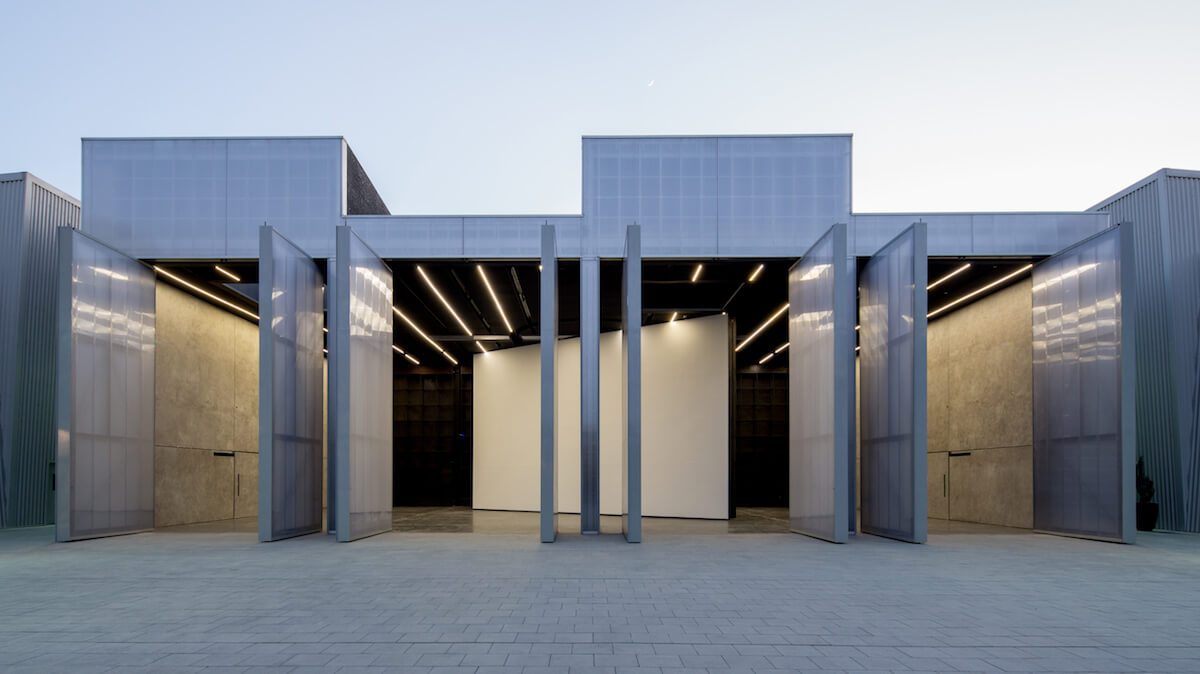
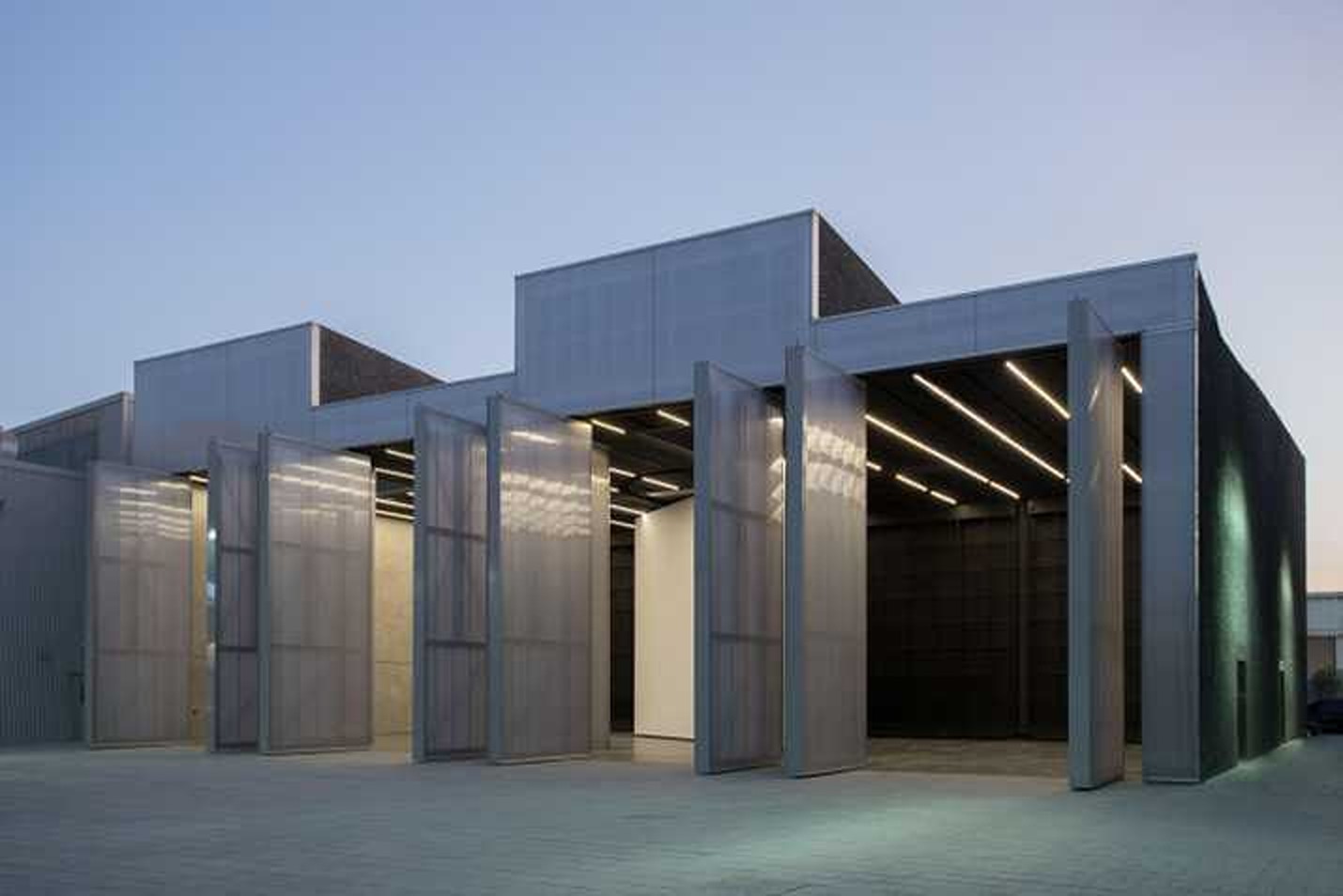



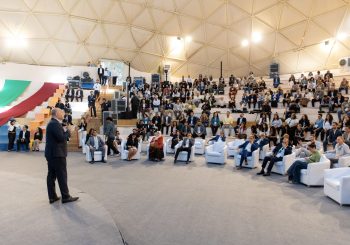
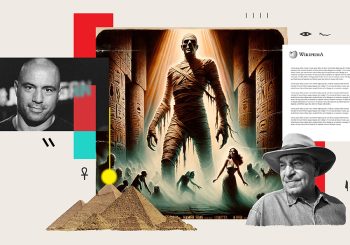
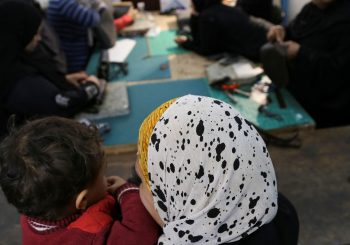
Comments (2)
[…] While museums, exhibitions, galleries, and libraries have long been the cornerstones of the cultural landscape, the Middle East is witnessing the emergence of a different type of institution. Unlike their quick-exit counterparts, certain spaces aim to leave a lasting mark, enriching the cultural landscape for generations to come…Read More […]
[…] Source: Egyptian Streets […]